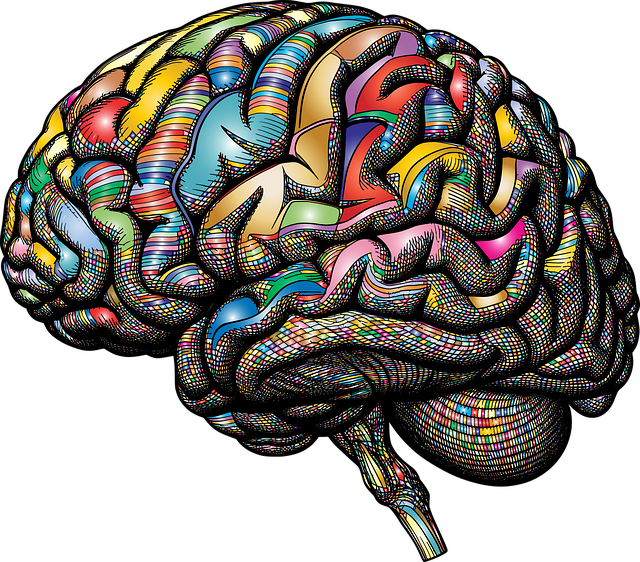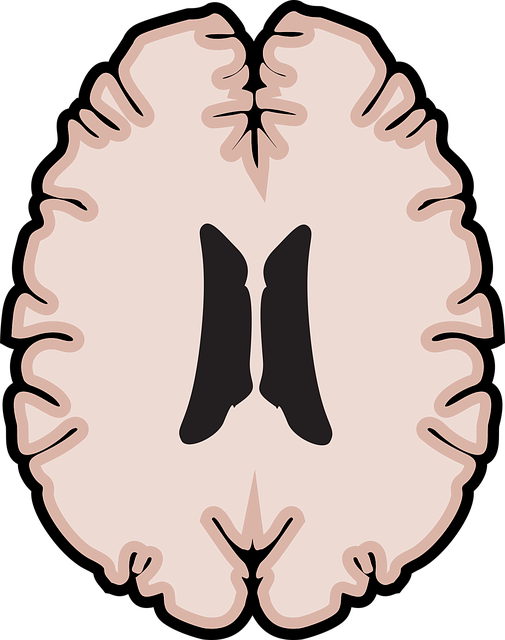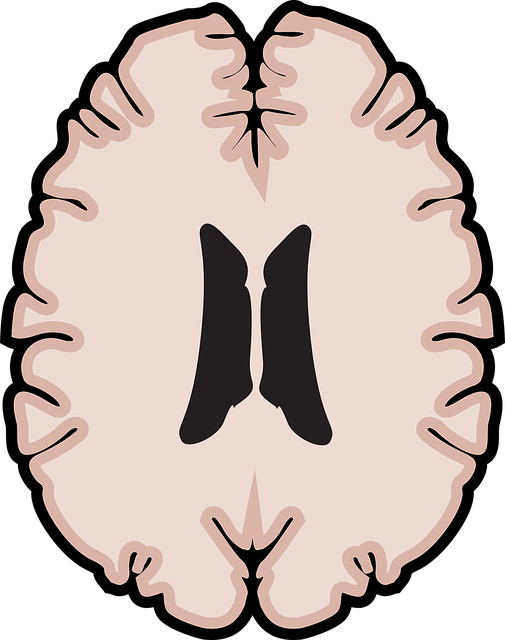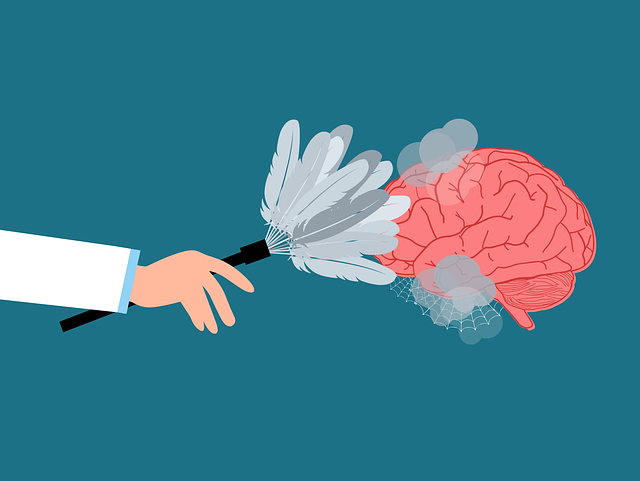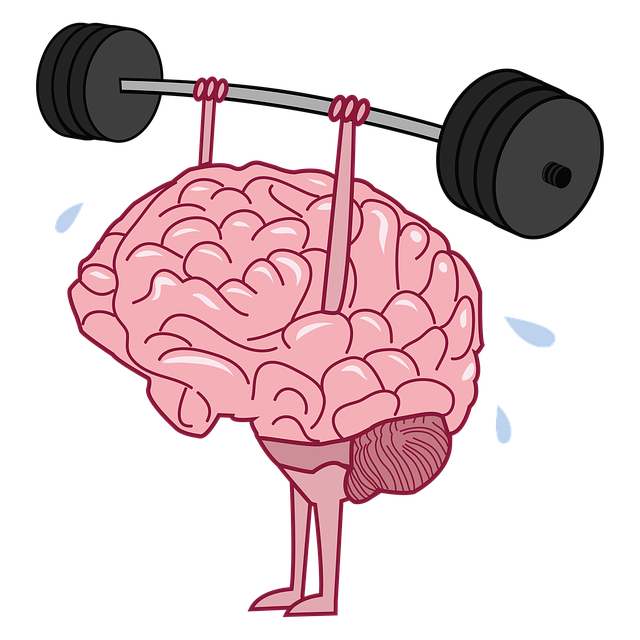Cultural competency in healthcare, crucial for diverse societies, involves understanding and respecting patients' cultural backgrounds to deliver effective treatment. Englewood Adjustment Disorder Therapy (EADT) exemplifies this, focusing on cultural sensitivity to improve patient engagement and outcomes. Comprehensive training for providers includes self-care, empathy-building, role-playing complex encounters, and stress reduction techniques. Public awareness campaigns destigmatize mental health issues in affected communities, fostering open dialogue and support-seeking.
Healthcare provider cultural competency training is essential for delivering effective treatment, especially in diverse communities. This article explores three key aspects of enhancing cultural sensitivity in medical practice. We delve into the necessity of understanding cultural competency, highlighting how Englewood Adjustment Disorder Therapy addresses cultural barriers to care. Additionally, we discuss designing and implementing training programs that foster a more inclusive healthcare environment. By focusing on these areas, we aim to improve patient outcomes and bridge cultural gaps in healthcare.
- Understanding Cultural Competency in Healthcare: A Necessity for Effective Treatment
- Englewood Adjustment Disorder Therapy: Addressing Cultural Barriers to Care
- Designing and Implementing Training Programs for Cultural Sensitivity in Medical Practice
Understanding Cultural Competency in Healthcare: A Necessity for Effective Treatment

Cultural competency in healthcare is an essential aspect that cannot be overlooked if we aim to provide effective treatment and create a supportive environment for all patients. It involves understanding and respecting diverse cultural backgrounds, beliefs, and values, ensuring that healthcare services meet the unique needs of each individual. In today’s diverse society, where patients from various ethnic, racial, and cultural origins seek medical care, healthcare providers must be equipped to adapt their approach. This adaptability is crucial for building trust, improving communication, and ultimately enhancing patient outcomes.
For instance, a patient presenting with symptoms that might align with a specific cultural or religious belief could benefit from a provider who is sensitive to these nuances. Consider an individual from a community with a strong tradition of herbal remedies seeking treatment for what they perceive as a spiritual imbalance. An empathetic healthcare provider would not dismiss these concerns but rather explore them, potentially uncovering valuable insights into the patient’s overall well-being. This approach, fostered through cultural competency training, can prevent misdiagnosis and encourage open dialogue, especially relevant in cases like Englewood Adjustment Disorder Therapy, where cultural sensitivity plays a vital role in supporting patients’ mental health journeys. Moreover, such training includes burnout prevention strategies and empathy-building exercises, enabling providers to offer self-awareness exercises that promote understanding and connection with diverse patient populations.
Englewood Adjustment Disorder Therapy: Addressing Cultural Barriers to Care

Englewood Adjustment Disorder Therapy (EADT) is a specialized approach designed to address cultural barriers that often hinder access to quality healthcare for diverse communities. This therapeutic model recognizes and embraces the unique cultural backgrounds, beliefs, and practices of individuals from various ethnic, racial, and socioeconomic groups. By incorporating culturally sensitive techniques, EADT aims to improve patient engagement and satisfaction while ensuring effective treatment outcomes.
Effective implementation of EADT involves training healthcare providers in self-care practices that promote empathy, humility, and adaptability. Crisis intervention guidance is a key component, equipping professionals with the skills to navigate cultural nuances during high-stress situations. Furthermore, public awareness campaigns development can play a pivotal role in destigmatizing mental health issues within diverse communities, fostering open dialogue and encouraging individuals to seek necessary support.
Designing and Implementing Training Programs for Cultural Sensitivity in Medical Practice

Effective cultural competency training for healthcare providers involves a thoughtful design and implementation process that goes beyond surface-level awareness. Programs should incorporate interactive self-awareness exercises to help professionals understand their own biases, assumptions, and cultural backgrounds. These activities create a safe space for participants to reflect on personal experiences, enabling them to recognize how these influences may impact patient interactions and care delivery.
The curriculum should also include practical strategies for improving cross-cultural communication. This can involve role-playing scenarios that simulate complex patient encounters, allowing trainees to practice active listening, cultural nuances, and empathetic responses. Additionally, integrating stress reduction methods and depression prevention techniques into the training equips healthcare providers with tools to manage their own emotional well-being, especially when navigating challenging conversations related to mental health issues, such as those prevalent in communities affected by Englewood Adjustment Disorder Therapy.
Cultural competency training is a game-changer in healthcare, especially when addressing complex issues like Englewood Adjustment Disorder Therapy. By equipping providers with the skills to navigate cultural barriers and understand diverse patient backgrounds, we enhance care quality and ensure equitable treatment for all. Implementing comprehensive training programs, as demonstrated by case studies like Englewood Adjustment Disorder Therapy, can revolutionize medical practice, fostering a more inclusive and effective healthcare system.



